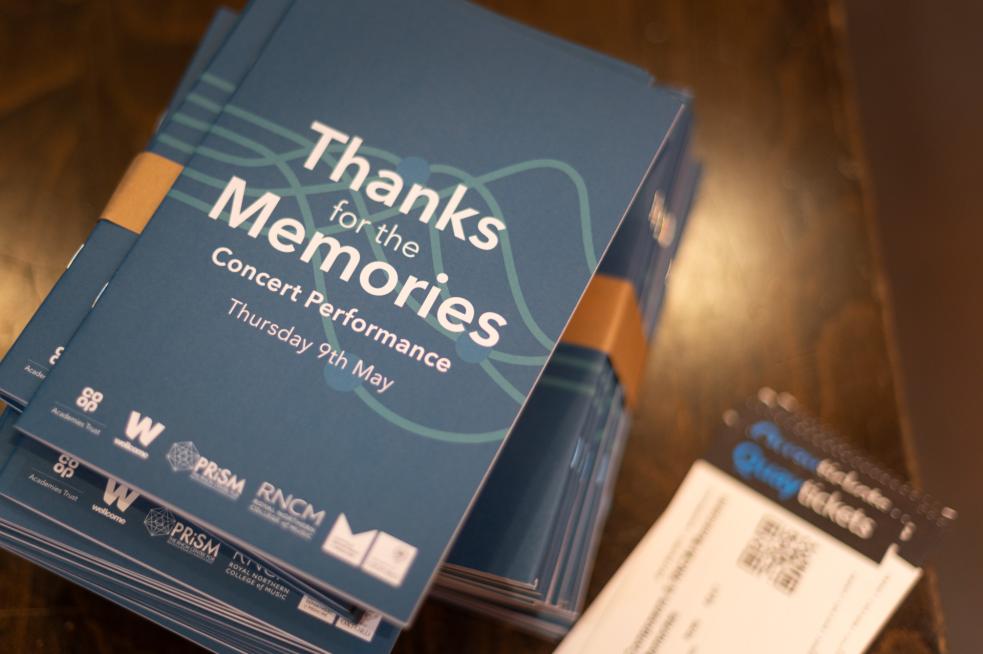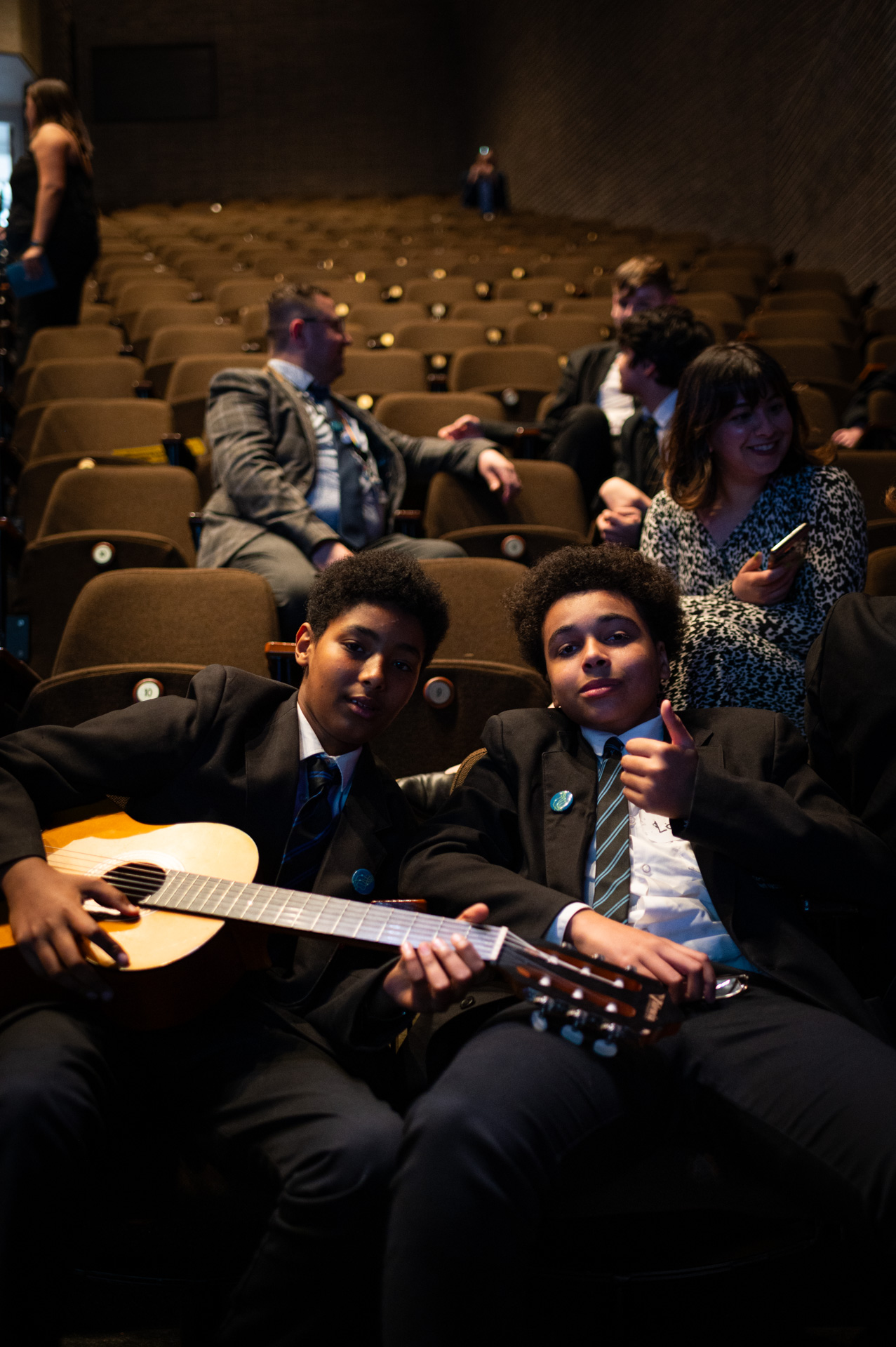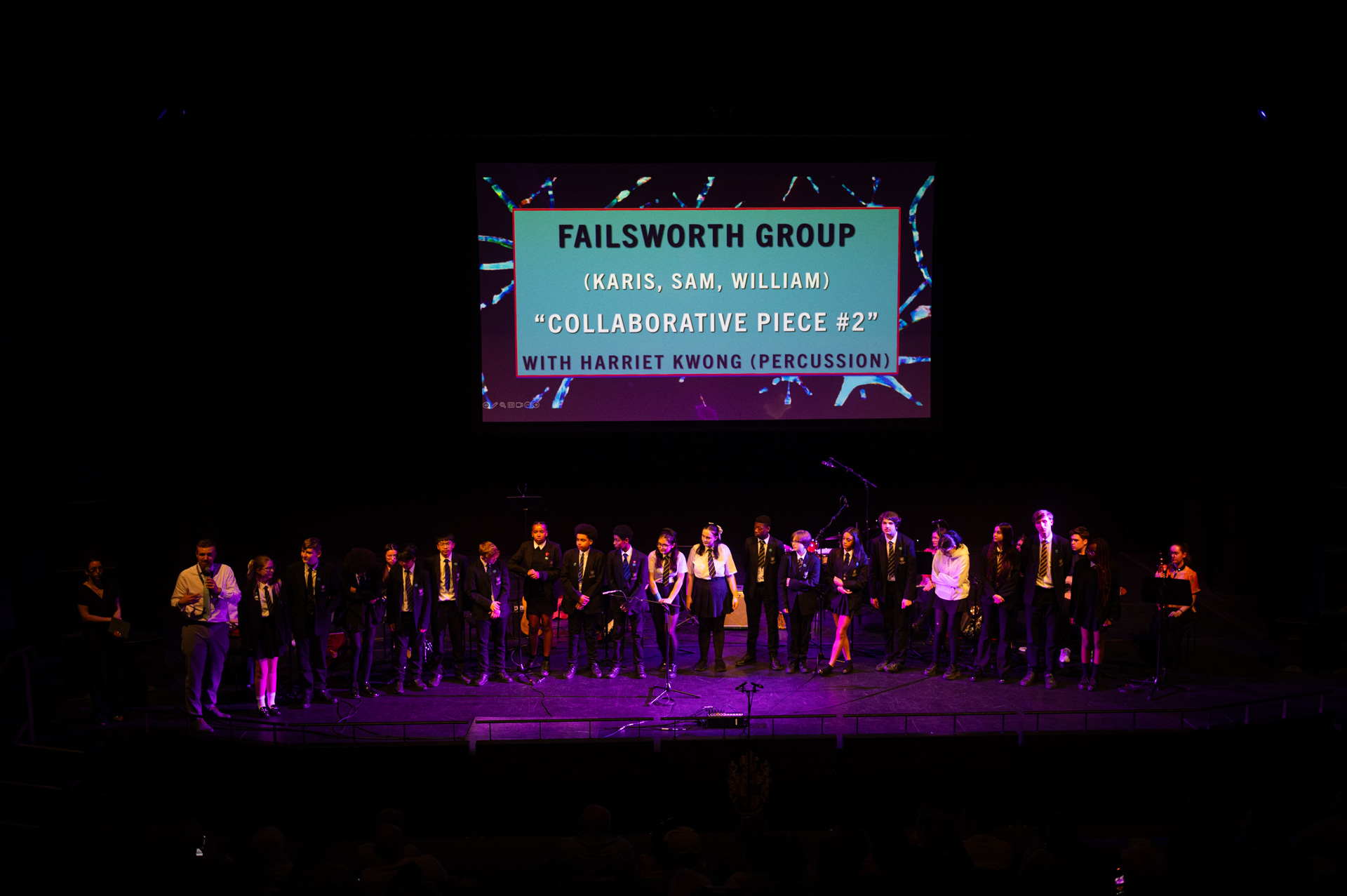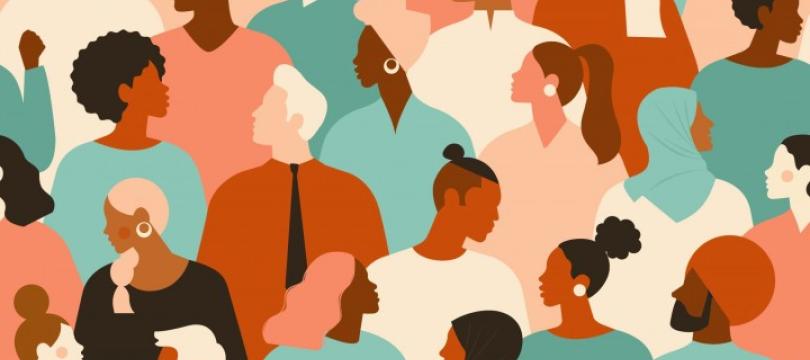Thanks for the Memories: Music meets science
Thanks for the Memories (T4TM) explores how the creation and performance of music can be an innovative way of engaging young people and adults with research into immune memory – how the body forms memories in response to past infection or vaccination that help to protect us against future disease.
A collaboration between the University of Oxford and the Royal Northern College of Music, the project first supported secondary school pupils in Oxford and Manchester to compose music inspired by the science and history of immune memory. Pupils collaborated with musicians to bring these pieces to life in public performances in May and June 2024. In the second phase, the project produced an opera, performed for the wider public in June 2025, which foregrounded the forgotten history of eighteenth-century inoculation advocate Lady Mary Wortley Montagu.
Across these two phases, the project brought together researchers, composers, musicians, school students, and the public – allowing these diverse communities to share their perspectives on vaccination through music and build confidence in vaccination as a long-standing and positive part of our human story.

Background
T4TM emerged out of a previous composition project ran by Dr Leeming, in which Prof. Klenerman participated. Dawn, on the Morning After the Storm was created by Dr Leeming through discussions with members of the International Severe Acute Respiratory and Emerging Infection Consortium and COVID-19 Clinical Information Network about their experiences working through the COVID-19 outbreak; these researchers performed the final piece. Dawn… was designed to reflect the experience of coming together to play, in the same way the consortium came together to respond to the pandemic challenge. Having seen the potential for the co-creation of music to be an engaging way to reflect on scientific practices for both participants and audience, Dr Leeming and Prof. Klenerman designed T4TM for a Wellcome Enriching Engagement Grant.
Purpose
The overall purpose of T4TM was to strengthen understanding of the science and history behind immune memory to address concerns around vaccination among the project’s target schools and the wider public.
Vaccination is a high-profile, contested, and sensitive topic, subject to increasing levels of misinformation and scientific scepticism. The project aimed to use the creation and performance of music as an unusual and inspiring way to build a bridge between the public and vaccine research. It was designed to spark curiosity and build confidence in vaccination and its history to empower school students and the public to make informed decisions about their health.
T4TM aimed to be mutually beneficial for members of the public and for immunological researchers. It created career development opportunities for early career researchers to gain experience in communicating effectively about their research, identifying gaps in public understanding, and improving their understanding of the societal and historic context of their work.
Who was involved?
Supported by the Wellcome Trust, T4TM is co-led by Professor Paul Klenerman, Nuffield Department of Medicine, Oxford and Dr Zakiya Leeming, Artist and Producer in Residence at the Royal Northern College of Music, RNCM, Centre for Practice and Research in Science and Music. Dr Rachel Hindmarsh is the project Facilitator; with a research background in the history of medicine, she also led on this element of the project.
The first phase was an innovative sustained-contact programme, working with 45 pupils over three-four months from four schools in the Manchester Co-op Academy Trust and Greyfriars School, Oxford serving communities with high levels of disadvantage. The project team were supported by committed teachers, early career researchers, and musicians, notably:
- Sam Mortimer (Director of Science, Co-op Academies Trust)
- Sean Dingley (Assistant Headteacher, Greyfriars Catholic School)
- Dr Lisa Ciacchi (Postdoctoral Researcher, University of Oxford)
- Olivia Shorthouse (PhD Researcher, University of Manchester)
- Holly Sedgwick (PhD Researcher, University of Manchester)
- Musicians from the University of Oxford (Lulu Whittington, Tom Bruges, Erin Townsend, Guili Tritto, and Ynyr Prichard) and the RNCM (Naomi Robinson, Javi Pinto Neira, Samuel Kane, Susannah Roman, Luis Romao, Harriet Kwong)
In the second phase, Dr Leeming composed the score of opera Dangerous Matter and collaborated with the following team to stage it at the RNCM to a public audience of 200:
- Sam Redway-Mills (Director and dramaturg)
- Melvin Tay (Conductor)
- Rosie Middleton (Mezzo soprano in lead role of Lady Mary Wortley Montagu)
- RNCM student cast (Ruth Harley, Jasmine Higgs, Ankur Dang, Yu Chinen, Oscar Bowen-Hill)
- RNCM student orchestra
The British Society for Immunology and the Uehiro Institute, Oxford supported additional project activities.

Students preparing for the performance, photo taken by Roscoe Rutter.
Find Out More

Performance by Failsworth Group, photograph by Roscoe Rutter
Find out more about Dangerous Matter, the opera inspired by vaccine science and history as part of Thanks for the Memories project.

